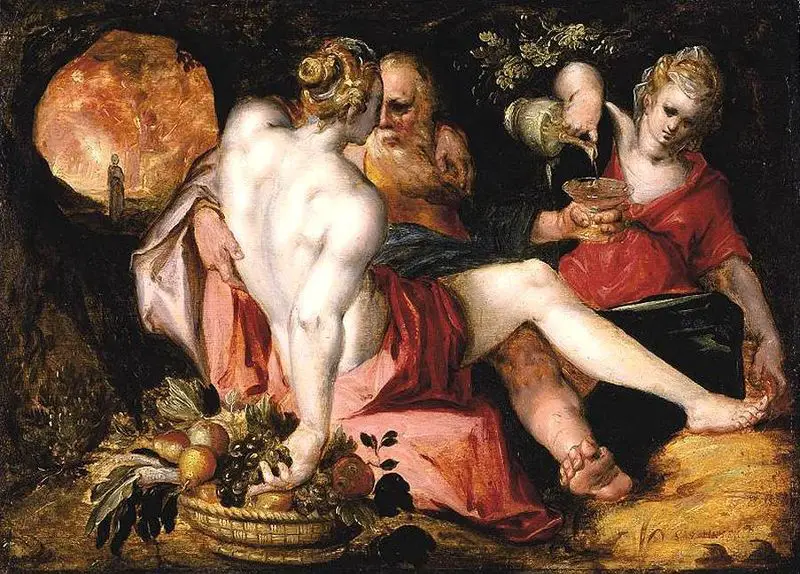 he controversial idea has always provoked strong emotions. Many contemporary cultures condemn incest, but we wonder if this taboo was indeed a constant one or only specific to certain epochs and regions. There is often talk of the universality of the taboo, both sexual relations with close relatives and the children resulting from the subject to a strong social stigma. Although, even to this day, there are certain cultures around the world that only believe in incest and they see it as a sacred tradition that needs to be followed.
he controversial idea has always provoked strong emotions. Many contemporary cultures condemn incest, but we wonder if this taboo was indeed a constant one or only specific to certain epochs and regions. There is often talk of the universality of the taboo, both sexual relations with close relatives and the children resulting from the subject to a strong social stigma. Although, even to this day, there are certain cultures around the world that only believe in incest and they see it as a sacred tradition that needs to be followed.
However, given recent articles in the press in recent weeks that report various cases, the impression is created that intra-family sex is somehow a completely new phenomenon and that in the past incest was completely demonized and therefore a deviant behavior that people would be safe.
So what does the Bible say?
Even a very old text like the Bible tells us about prohibitions, so sexual intercourse must have been a fairly common phenomenon if the need for a behavioral guide was felt. And now, the damn question: what does the Bible say about incest? Despite seemingly clear rules regarding incestuous relationships, as in popular culture that plays with taboo areas, biblical representations are somewhat ambiguous.
Indeed, we have the laws in the Book of Leviticus that forbid sex with a number of family members (brother/sister, parent, certain alliance relatives), but nothing is mentioned about sons or daughters! Then we have the story of Lot’s daughters in the Book of Genesis, who seduced their father and bore him sons and who are not subject (at least not explicitly) to any condemnation.
The daughters even point out incest very clearly, using the term “moab” (from the father) or “ben-ammi” (son of my family) for the children. The respectable patriarch Abraham mentions quite often that his wife Sarah is also his step-sister. David’s son, Amnon, becomes obsessed with his sister Tamar, whom he rapes. Brother’s cruelty is emphasized, but Tamar’s words suggest a solution to marriage to prevent rape… In short, in ancient times, marriages between close relatives, with or without sexual attraction, were quite common. And Cleopatra married two of her brothers. And as usual, the Bible does not have clear views on incest either.
The Genetical side
Another major problem with incest is that it can produce many diseases due to combining a somewhat similar DNA. The human organism was made in such a way that it would mate with others (not members of the family) in order to reproduce and evolve. Very early scientists had seen incest as a step where evolution does not take place, as the DNA of the baby produced from incest would not have where to get new genes from.
The Media
On the other hand, incest is rarely discussed in the media where the syndrome occurs — perhaps it is still too much of a cultural taboo for us. Representations of popular culture do not shy away from coloring incestuous relationships with strong emotions and feelings. In the eroticism of incest, the woman often appears as the ideal of beauty and the temptation of the stopped fruit. The function of the narrative thread is to contribute a shocking, thrilling element. In real life, the stories are a bit more profane, even despite the intention of journalists to amplify the scandals.
I believe that this exact topic is the sort of thing that people should acknowledge as not being right and yet, as we have seen from what the Bible has to present about incest as well as various cultures still forced by tradition into the act of incest, can we really judge?
Avid Writer with invaluable knowledge of Humanity!
Upcoming historian with over 30 million views online.
“You make your own life.”





